Opioid Addiction: Is There a Solution?
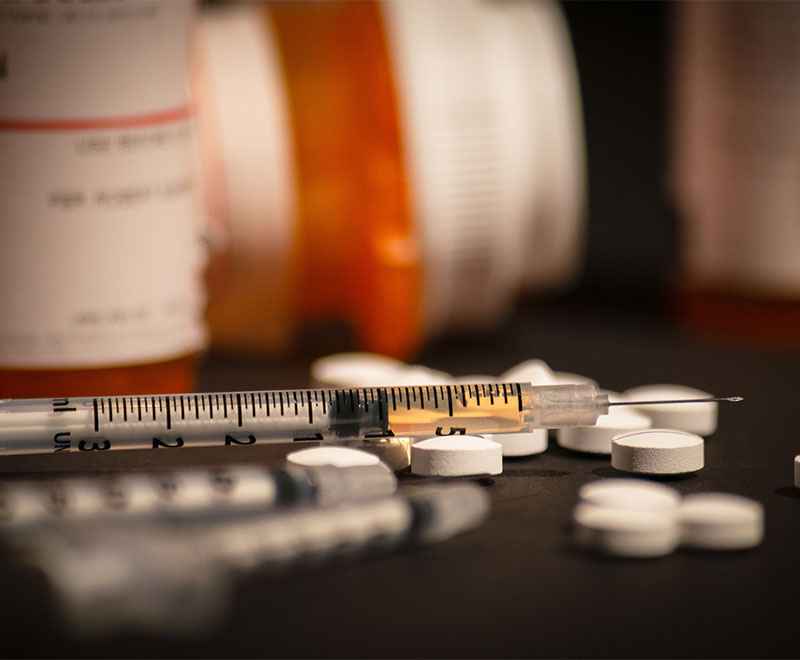
With staggering growth in the number of people addicted to and dying from opioids, government, the medical community and recovery programs are working to turn the tide.
Healthcare Crisis 2030
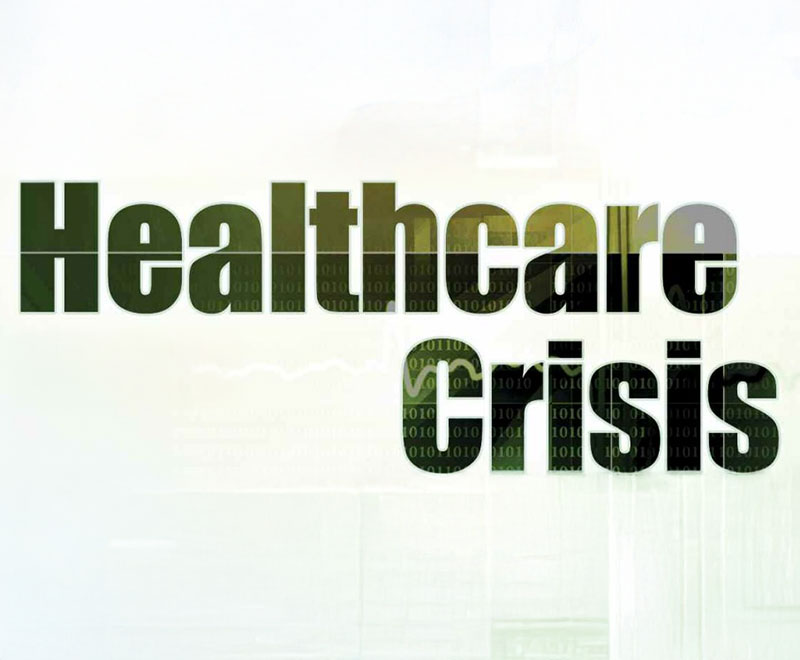
Meeting the future healthcare needs of aging baby boomers will require tackling the rise of chronic illness, addressing the impact of Alzheimer’s disease and reinventing care models to address the needs of a graying America.
Practicing Medicine: A New Quality of Care

As I entered the exam room to meet Bob for the first time, I smiled with relief. Bob looked pleased to be in our clinic, appearing well-tanned and comfortable. I had already noted the priority that he had scrawled on the intake form for today’s visit: “ear wax.” I was relieved that this would be […]
Discharged Patients Who Skip Antibiotic Likely to Be Rehospitalized

A new study has found that patients who skip an antibiotic often used by hospitals to combat infection during patients’ stays and prescribed to continue that fight after discharge are more likely to return to the hospital.
Superbugs: Reducing the Serious Threat of Hospital-Acquired Infections

Hospital-acquired infections remain a deadly threat, but the Centers for Disease Control and Prevention in partnership with other healthcare agencies and professionals are working to lower the rates of HAIs with some degree of success.
Reducing the Risks of Medication Errors

The federal government, physicians and consumers all have active roles to play in reducing medication errors that so often result in adverse drug events and a high cost burden.
Proactive Screenings for Women’s Health
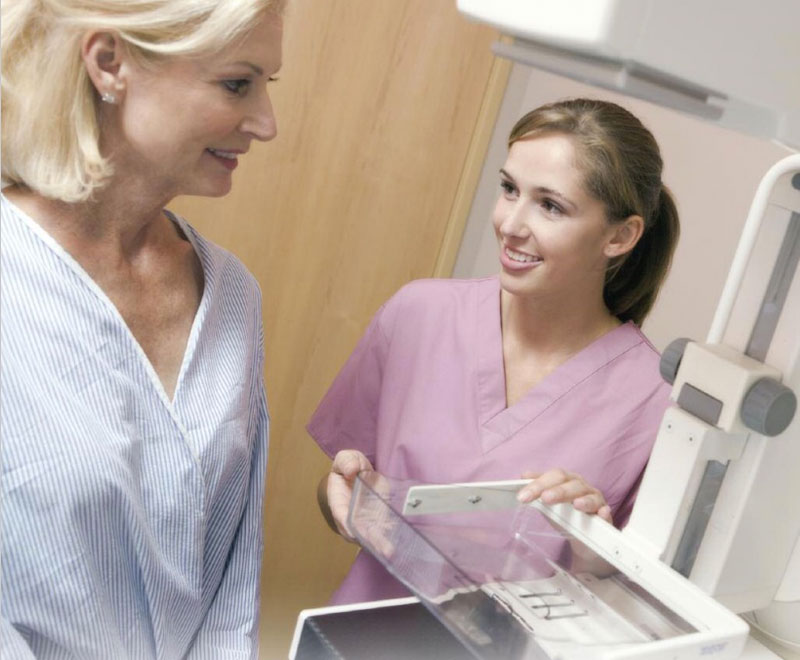
In recent years, the medical specialty of women’s health has evolved beyond the basics of childbirth, breast cancer and bone density tests to encompass a spectrum of proactive screenings designed to prevent disease and prolong life.
Risky Business
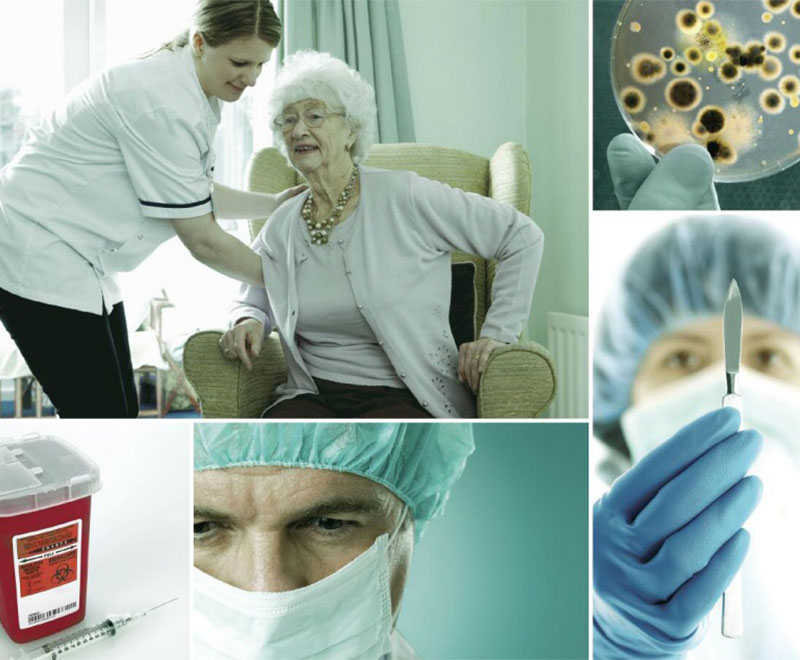
From bloodborne pathogens to biological dangers, healthcare workers face a daunting number of safety hazards. Proper training, increased awareness and more stringent safeguards can help minimize the risks.
Nuclear Accidents: Determining Fukushima’s Health Consequences

Despite international concern over Fukushima’s nuclear accident, comparing it with the 1986 accident in Chernobyl reveals that immediate medical intervention is not needed. However, if it were, techniques are available to counteract the radiation’s effects.
Good Blood
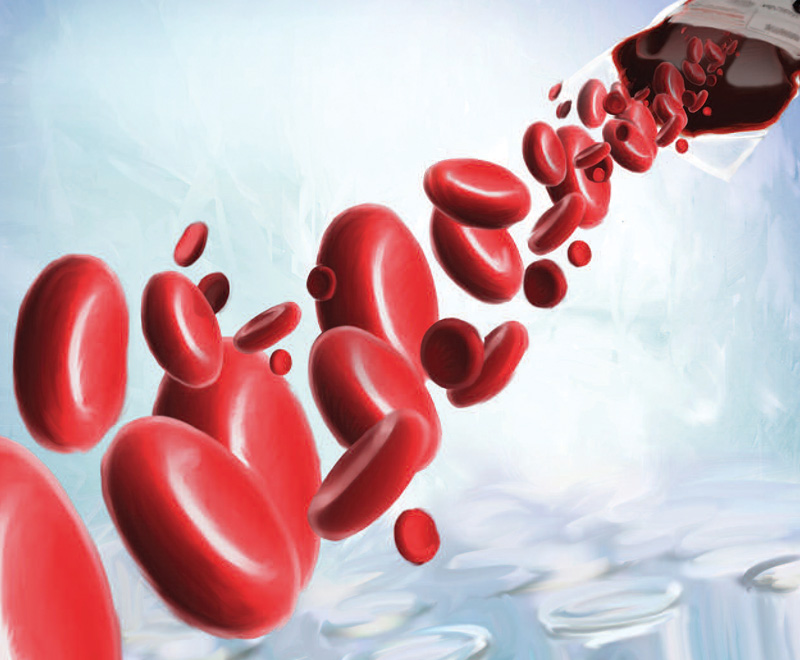
Today’s supply chain for blood and plasma products is safer than ever before, replete with stringent systems and safeguards to keep blood-borne diseases at bay.